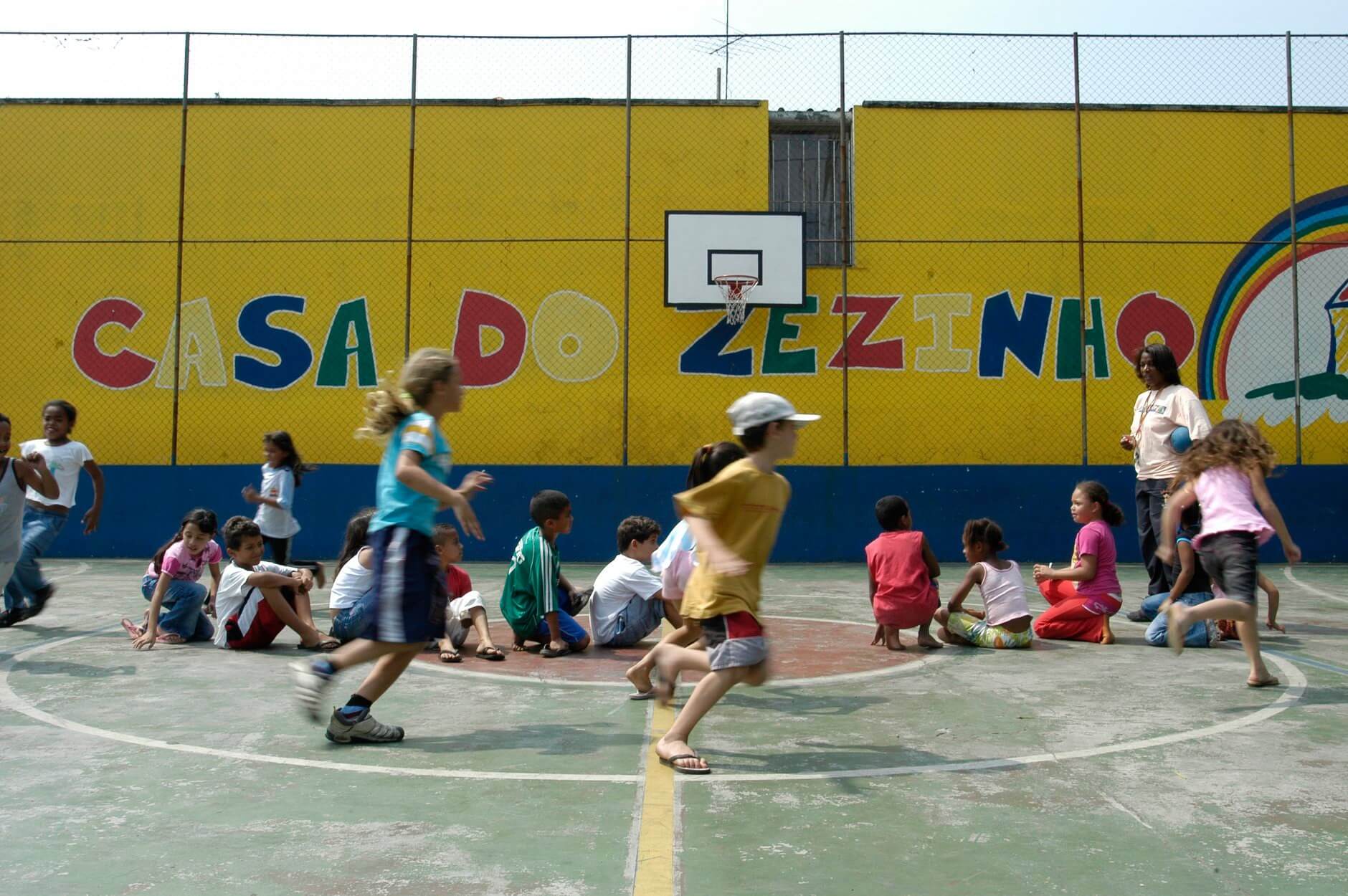RED HOUSE expands campaign to support Casa do Zezinho
RED HOUSE has decided to extend its support campaign for Casa do Zezinho, a nonprofit organization dedicated to providing education, food, and psychosocial and cultural assistance to children in social vulnerability.
The initiative began in 2023 with fundraising efforts, as well as clothing and school supply donation drives, to support the thousands of “Zezinhos” helped by the organization. The Pacaembu, Higienópolis, Villa-Lobos, and Santana units participated.
With strong engagement from the entire school community, the donations were generous and exceeded expectations. Due to this great success, the partnership has been strengthened and renewed for 2024. This year, all units in the state of São Paulo will join the effort.
“RED HOUSE is a school committed to cultivating empathy and social responsibility by promoting actions that contribute to a better world. This effort once again shows that together we are stronger and can make a difference,” says Denise Lam, Founder and Pedagogical Director of the school.
She explains that before beginning support for the organization, RED HOUSE visited the space, learned about the activities offered, and met with the team responsible to ensure the integrity of the organization and the alignment of their values and principles with those of the school.
The Story of Casa do Zezinho
Casa do Zezinho was founded in 1994 in the southern region of the city of São Paulo, which includes the neighborhoods of Capão Redondo, Jardim Ângela, and Jardim São Luís. The name is inspired by the poem “José” by Carlos Drummond de Andrade. The NGO was conceived by teacher Dagmar Rivieri, a pedagogue with a degree from USP and known as “Aunt Dag.”
Since then, the mission of Casa do Zezinho has been to support children and young people in situations of social vulnerability, offering, during out-of-school hours, two meals a day and more than 25 socio-educational workshops.
The institution serves 1,200 people daily, and in total, more than 32,000 “Zezinhos” have passed through the NGO, which currently has 60% of its staff composed of people who were “Zezinhos” in their childhood and adolescence.




